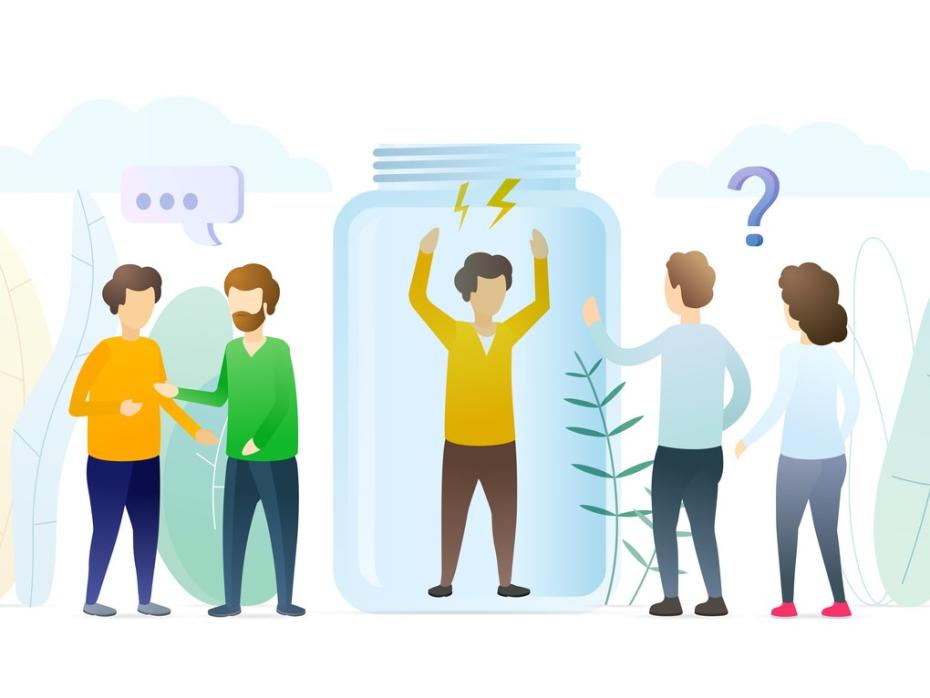Well-written abstracts typically summarise the purpose, methodology, findings and significance of a study, allowing potential readers to quickly grasp the main points without reading the entire paper. Learning how to write high-quality abstracts is valuable for students studying in a language that is not their first because it helps them develop concise communication skills and enhances their ability to summarise complex ideas effectively.
However, giving feedback on students’ abstracts can be challenging, especially in large classes. Issues such as the sheer volume of marking, time constraints and the need to provide tailored advice can make the process feel like “mission impossible”.
Fortunately, we can use ChatGPT to identify and correct structure, grammar and vocabulary errors, allowing us to focus on other tasks.
Ideas organisation
ChatGPT can check whether abstracts include all the necessary components, assess coherence and offer suggestions to improve the flow of ideas and connections between different sections. When using ChatGPT for this purpose, we should ensure our prompts are detailed and specific and indicate which components of the abstract need review. Example prompt: “Please provide feedback on the structure of the following abstract. Check if it has included the research aim, methods and findings. Also, please comment on the flow and coherence of ideas. Please write the feedback in bullet points and include examples.”
Checking grammar
ChatGPT is also able to identify various types of grammatical errors in students’ abstracts. We can guide ChatGPT to focus on several specific areas that students commonly have issues with, such as subject-verb disagreement, verb tenses, spelling and sentence structure. Example prompt: “Please provide feedback on the grammar of the abstract below. Focus on subject-verb agreement, incorrect verb tenses, spelling mistakes and run-on sentences. Please write in bullet points and include examples.”
Checking vocabulary
With its advanced language processing capabilities, ChatGPT can also help us assess vocabulary use. To do this, provide detailed prompts that guide the tool in focusing on specific areas at a time. I suggest three to avoid overwhelming the tool. For instance, instruct it to evaluate vocabulary complexity, style and collocation (the juxtaposition of certain words). Using ChatGPT to check collocation is especially valuable for teachers who are not native English speakers as it can significantly save time they would otherwise spend consulting collocation dictionaries. Example prompt: “Please provide feedback on the vocabulary in the abstract below. Focus on vocabulary complexity, academic style and collocation. Please write in bullet points and include examples.”
- Collection: English as a second language in higher education
- How to start a language-teaching podcast
- A new way of ensuring repeated EAP vocabulary exposure
Learning support
We can use ChatGPT to provide ongoing learning support when the tool identifies frequent errors. For instance, if ChatGPT indicates a student is struggling with subject-verb agreement, we can instruct it to generate relevant grammar exercises and sample sentences that can be incorporated into their feedback. Example prompts: “Please create five grammar exercises focused on subject-verb agreement. Include a variety of sentence types and provide explanations for each correct answer.” or “Please generate five sample sentences that demonstrate correct subject-verb agreement, along with a brief explanation of the rules applied in each sentence. Include both singular and plural subjects to illustrate the differences.” This approach makes students aware of what they need to improve on and how to do it to avoid making the same mistake in the future.
The challenges of using ChatGPT for abstract evaluation
Insufficient contextual understanding: ChatGPT may struggle to fully comprehend the concepts relevant to a research topic. For instance, when I used ChatGPT to provide feedback on abstracts that summarise key findings in complex papers about eye-tracking for assistive applications and AI integration with surgical robotics, it generated inaccurate suggestions.
Limitations: While ChatGPT can identify errors, it may struggle with providing useful feedback on highly technical writing.
High dependence: The quality of ChatGPT’s feedback relies heavily on the clarity and specificity of the prompts provided. If they are vague or unclear, you will not get valuable feedback.
By implementing these measures, we can ensure that students benefit from personalised and constructive feedback that will help them improve their abstract writing. ChatGPT can liberate language teachers from tedious feedback-related tasks. However, human intervention remains indispensable in the tool’s adoption.
Yu Liu is an assistant professor at the department of computing and Shuhao (Jeremy) Zhang is an English language lecturer at the School of Languages, Xi'an Jiaotong-Liverpool University, China.
If you would like advice and insight from academics and university staff delivered direct to your inbox each week, sign up for the Campus newsletter.




comment